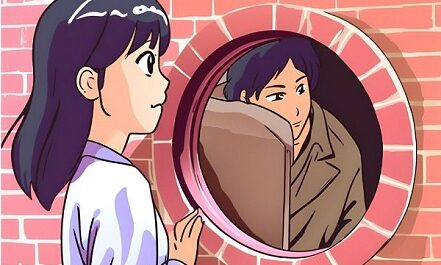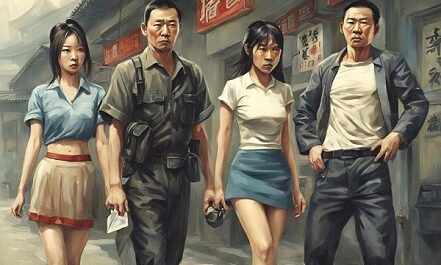Learn Chinese Idiom with Pinyin and English
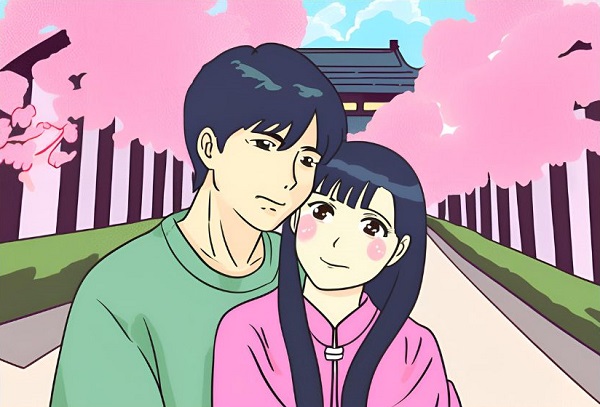
- Idiom in Chinese-士为知己者死。
- Pinyin of Idiom– shì wèi zhī jǐ zhě sǐ.
- Idiom’s Meaning in English– The Chinese idiom “shì wèi zhī jǐ zhě sǐ” expresses the profound sentiment of loyalty and sacrifice. It means that a gentleman, or a person of honor, is willing to give up his life for someone who truly understands and appreciates him. This reflects the importance of true friendship and mutual understanding in Chinese culture.
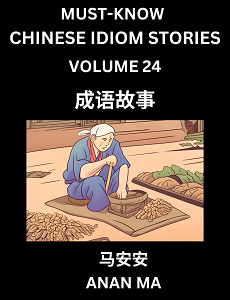
Chinese Idiom Stories Books (HSK All Levels):
- Books to Learn Chinese Idiom Stories (Part 1)
- Books to Learn Chinese Idiom Stories (Part 2)
- Books to Learn Chinese Idiom Stories (Part 3)
Learn Chinese Idiom Story in English (成语故事的英文)
In ancient times, there was a talented scholar named Zi Qi who was unrecognized despite his immense talents. One day, he met a skilled musician named Bo Ya by the riverbank. They were drawn together by the sound of Bo Ya’s qin, and they soon became close friends, regarding each other as soulmates. Bo Ya’s qin melodies were fully understood only by Zi Qi, and Zi Qi’s insights into music deeply impressed Bo Ya. Tragically, however, Zi Qi passed away due to illness. Upon hearing the news, Bo Ya was devastated, believing that no one in the world would ever understand his music again. He broke his qin in grief and vowed never to play it again, as a testament to his profound 怀念 for his dearly departed friend, Zi Qi.
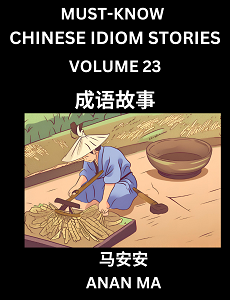
Learn Idiom Story in Chinese (成语故事)
在古代,有一位名叫子期的文士,他才华横溢,却因时运不济而怀才不遇。一日,他在江边偶遇一位名为伯牙的琴师,两人因琴声而结识,彼此视为知己。伯牙弹奏的琴声,只有子期能够完全理解其中的深意,而子期对音乐的见解也令伯牙深感敬佩。然而,不幸的是,子期因病去世,伯牙闻讯后悲痛欲绝,认为世上再无人能懂他的音乐。于是,他毅然决然地摔断了自己的琴,并发誓终身不再弹琴,以此表达对子期这位知己的深深怀念。
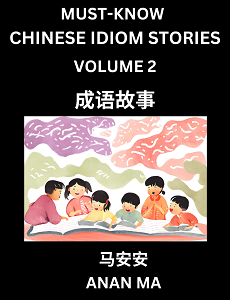
Learn Keywords with English, Simplified Chinese Characters, and Pinyin (关键词)
子期 (zǐ qī): Zi Qi, the talented scholar
伯牙 (bó yá): Bo Ya, the skilled musician
知己 (zhī jǐ): true friend or confidant
琴声 (qín shēng): music played on a qin (an ancient Chinese stringed instrument)
Pinyin of Idiom Story (故事的拼音)
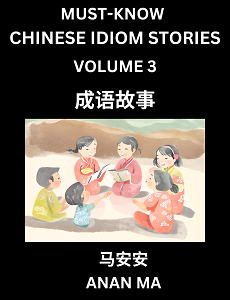
Zài gǔdài, yǒuyī wèi míng jiào zi qí de wénshì, tā cáihuáhéngyì, què yīn shíyùn bùjì ér huáicáibùyù. Yī rì, tā zài jiāng biān ǒuyù yī wèi míng wèi bó yá de qínshī, liǎng rén yīn qín shēng ér jiéshì, bǐcǐ shì wéi zhījǐ. Bó yá tán zòu de qín shēng, zhǐyǒu zi qī nénggòu wánquán lǐjiě qízhōng de shēnyì, ér zi qī duì yīnyuè de jiànjiě yě lìng bó yá shēn gǎn jìngpèi. Rán’ér, bùxìng de shì, zi qī yīn bìng qùshì, bó yá wén xùn hòu bēitòng yù jué, rènwéi shìshàng zài wú rén néng dǒng tā de yīnyuè. Yúshì, tā yìrán juérán dì shuāi duànle zìjǐ de qín, bìng fāshì zhōngshēn bù zài tánqín, yǐ cǐ biǎodá duì zi qī zhè wèi zhījǐ de shēn shēn huáiniàn.
